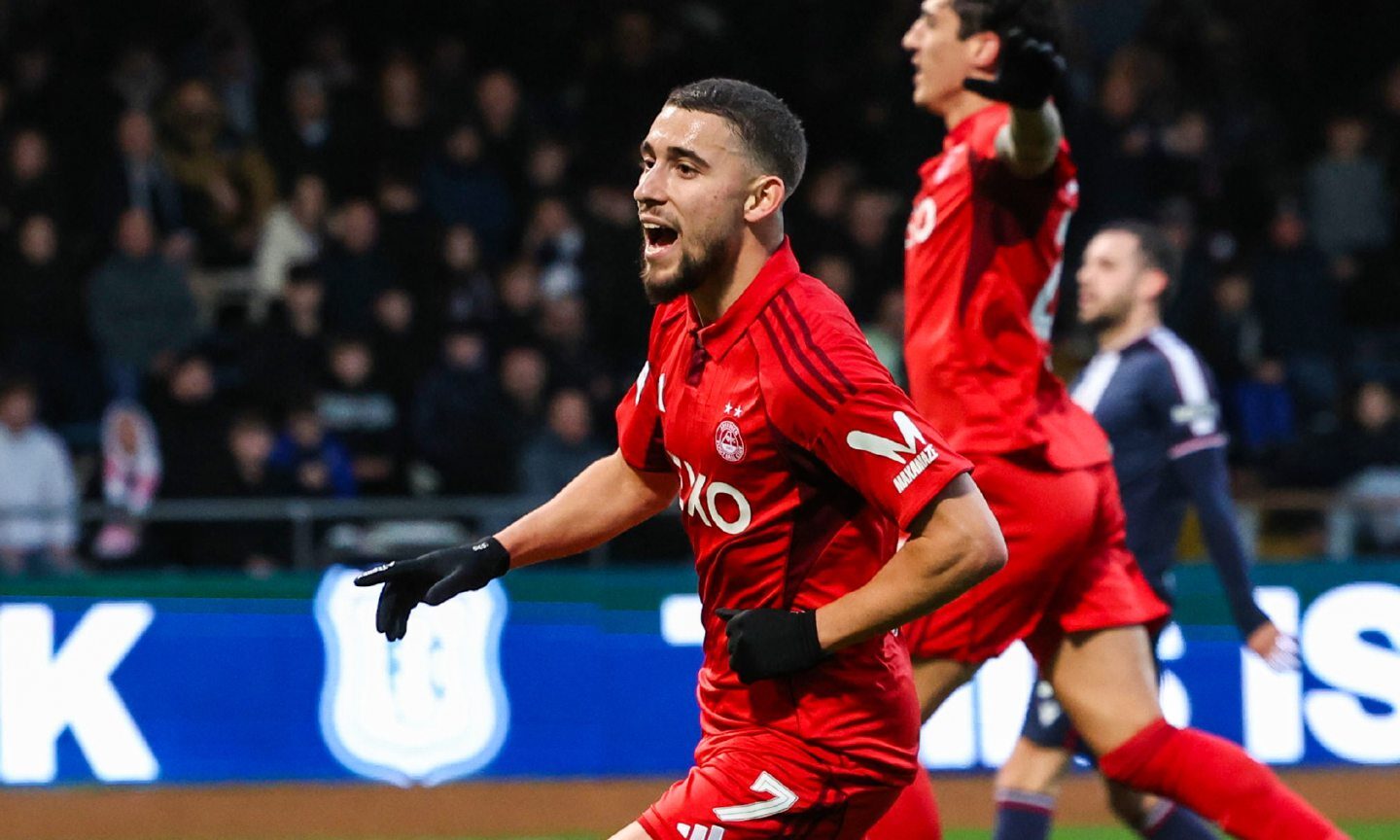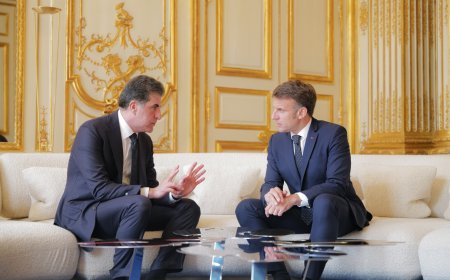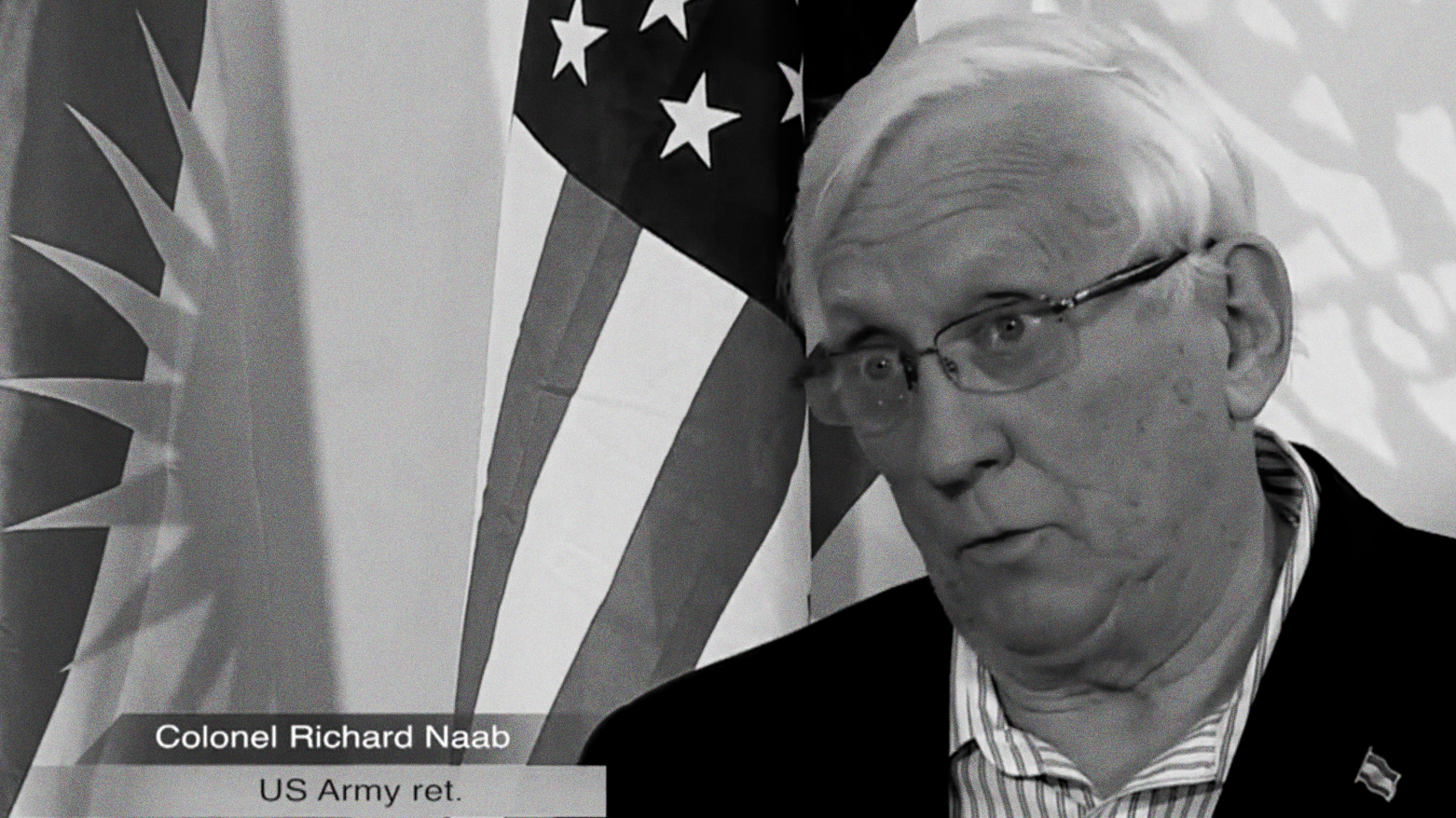Britain deploys troops to Israel
Officers join US-led international task force to police Gaza ceasefire and assist with aid

Britain has deployed troops to Israel as part of an international task force led by the United States to monitor the ceasefire in Gaza.
On the request of the US, a small contingent of military planning officers has been embedded in the stabilisation force, known as the civil-military coordination centre (CMCC), the Ministry of Defence said.
The US is providing up to 200 troops but Britain has not revealed how many of its forces will be deployed, although the cadre will include a two-star deputy commander.
The task force, which is said to include troops from Egypt, Qatar, Turkey and the United Arab Emirates, will ensure adherence to the ceasefire and assist with the flow of aid.
It is separate to the larger international stabilisation force that features in Donald Trump’s 20-point peace plan and is intended to provide long-term security for the region.
A spokesman said: “The UK continues to work with international partners to support the Gaza ceasefire to see where the UK can best contribute to the peace process.”
The deployment was revealed only a week after Yvette Cooper, the Foreign Secretary, said there were “no plans” to send British troops to the region as part of the multi-national force.
But the ceasefire has been tested with the resurgence of Hamas on the streets of Gaza following the IDF withdrawal, accompanied by a bloodthirsty campaign of retribution against its internal enemies, involving at least one public mass execution.
On Sunday, there was also a series of attacks on IDF troops behind the “yellow” withdrawal line, which killed two Israeli soldiers and briefly threatened to collapse the ceasefire, although Hamas’s leadership denied involvement.
On Tuesday, JD Vance visited Israel where he refused to impose a deadline on Hamas to disarm and urged Benjamin Netanyahu and the wider Middle East to be “flexible” in the pursuit of peace.
On his first visit to the Jewish state since taking office, the vice-president struck a bullishly optimistic note, saying “this peace is going to last”, and that the deal was “in a good place”.
He warned Hamas that it must “behave itself” and that it would ultimately have to give up its weapons or it would be “obliterated”.
It followed a message on social media by Donald Trump on Tuesday that if Hamas does not comply their demise would be “FAST, FURIOUS & BRUTAL!”
However, Mr Vance refused to set a timetable, hinting that the practical work of assembling the long-term peacekeeping body would need to be accomplished first.
“I’m not going to do what the President of the United States has thus far refused to do, which is to put an explicit deadline on it [disarmament], because a lot of this stuff is difficult,” he told reporters. “A lot of this stuff is unpredictable.”
The Trump peace plan posits an international stabilisation force for Gaza, to whom it is presumed Hamas would surrender their weapons.
Given that this is in an embryonic state, with few confirmed participants, Mr Vance’s comments suggest Hamas could remain in control of the enclave’s cities for weeks or even months to come.
Benjamin Netanyahu has threatened to resume fighting, this time without the constraints of hostages in Gaza, in order to disarm Hamas “the hard way”.
However, Mr Vance’s comments – although he earlier praised Israel for being “remarkably helpful” – will be taken as a firm public rejection of that course of action, at least in the immediate term.
It follows a report in the New York Times that the White House was concerned that Mr Netanyahu might try to collapse the deal.
The vice-president also urged Israel to exercise restraint on the issue of the return of the bodies of deceased hostages.
He cited the difficulty of locating and extricating corpses under the rubble of Gaza as reasons “to counsel in favour of a little bit of patience”.
The remains of two men were returned to Israel on Tuesday night, leaving 13 hostages unaccounted for.
The bodies were identified as Arye Zalmanovich, who was abducted from Kibbutz Nir Oz on Oct 7, and Tamir Adar who is believed to have died while defending Nir Oz on the day of the Hamas attacks.
Israeli ministers and officials believe that Hamas is deliberately holding up the repatriation of deceased hostages.
The Israelis are also extremely sceptical as to whether the terror group has any intention of disarming and question the logic of participating in phase-two talks on the future of the Strip until this has taken place.
Mr Vance spoke on Tuesday alongside Steve Witkoff, Mr Trump’s Middle East envoy, and Jared Kushner, the president’s son-in-law, at the new US-Israel coordination centre, from where American military personnel intend to oversee and guide Gaza’s post-war transition.
However, no US troops will be deployed to the enclave itself, the vice-president confirmed.
Addressing the potential pace of disarmament, he said: “I don’t think it’s actually advisable for us to say that this has to be done in a week, because a lot of this work is very hard. It’s never been done before and, in order for us to give it a chance to succeed, we’ve got to be a little bit flexible.”
He said that violent incidents such as Sunday’s were bound to happen. “There are going to be hills and valleys,” he said. “There are going to be moments when it looks like things aren’t going particularly well.” But he stated that the purpose of the new US military headquarters was to mediate the difficulties.
Mr Vance also acknowledged that both Israel and some of the Gulf Arab states were becoming “impatient” with Hamas.
It is reported that Saudi Arabia in particular is becoming frustrated with the apparent dominance of Qatar and Turkey in the discussions over the future of Gaza.
Both countries have granted sanctuary for senior Hamas figures and both are accused of being sympathetic to the Muslim Brotherhood ideology upon which the terror group was founded.
The frustrations over any Qatari and Turkish dominance potentially risk Saudi involvement in Gaza’s reconstruction as well as the stabilisation force.
Mr Vance nevertheless went out of his way to praise Turkey on Tuesday, describing their involvement as a “great help”.
Their contribution to the negotiations in Sharm el-Sheikh was seen as one of the key factors that led to the ceasefire and release of the hostages.
Mr Trump also makes no secret of his admiration for Recep Tayyip Erdogan, Turkey’s strongman president.
Under the relatively vague principles of Mr Trump’s 20-point plan, certain areas of Gaza can be demilitarised and put on a path to reconstruction even if Hamas is still active in others.
Mr Kushner said no reconstruction money would go into zones where the terror group had not completely disarmed.
It emerged on Tuesday that Marco Rubio, US secretary of state, plans to travel to Israel in the coming days, making him the fourth senior US official to visit in less than two weeks after Mr Trump departed on Oct 13, having declared peace in the region.
[Source: Daily Telegraph]









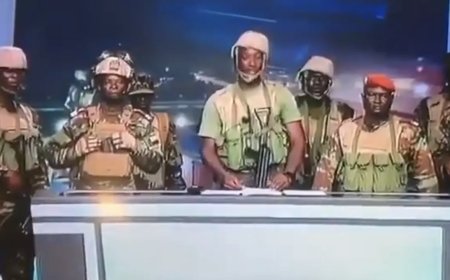







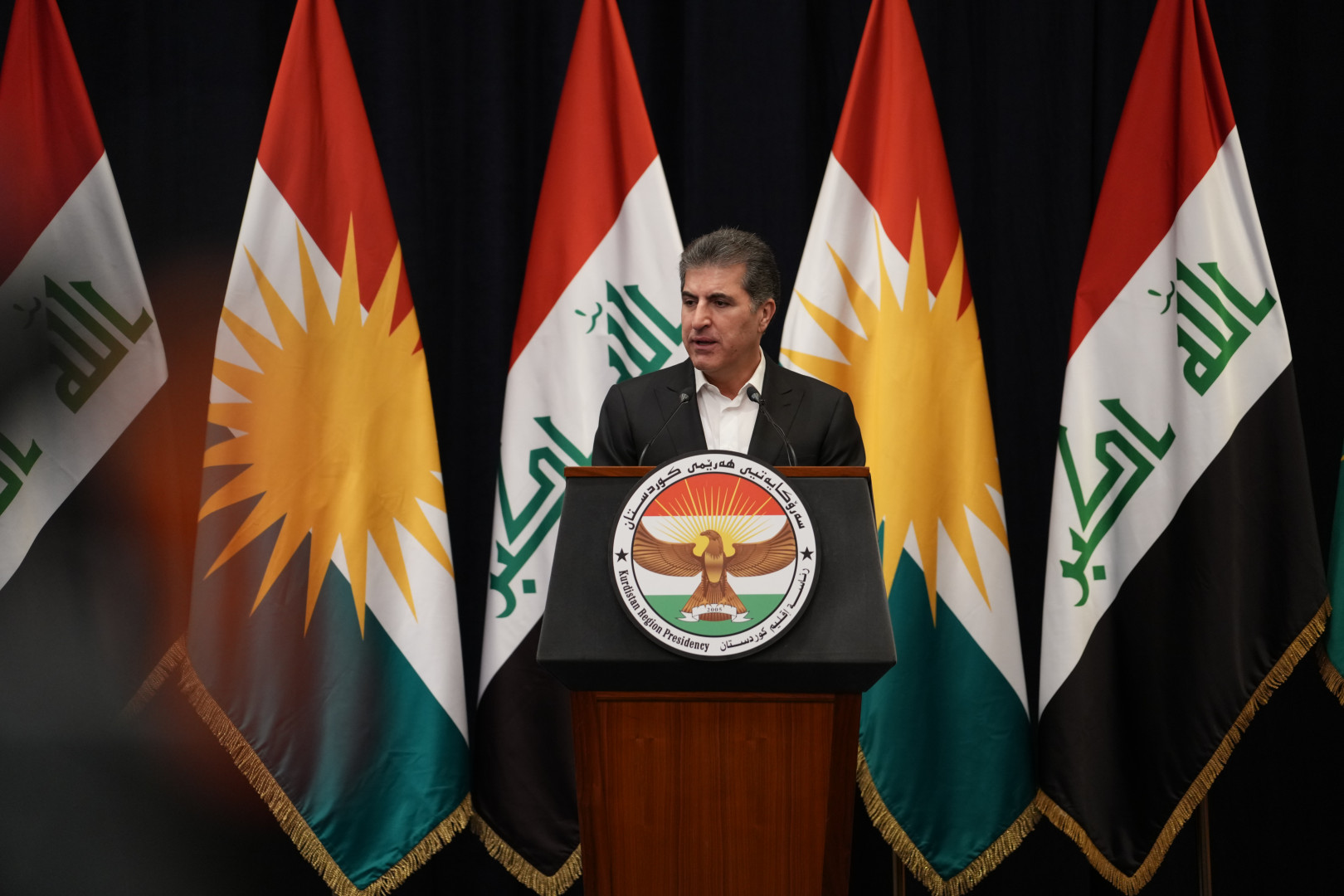
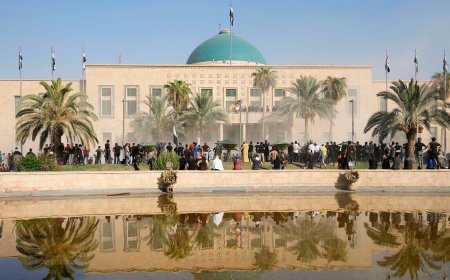

/file/attachments/orphans/20250610_UNEPDecadeonEcosystemRestoration_SouthAfricanThicket_ToddBrown_18_275286.jpg)


/file/attachments/orphans/1000146612_845134.jpg)

